Home>Articles>Most New Laptop Computers Come With How Much Storage?
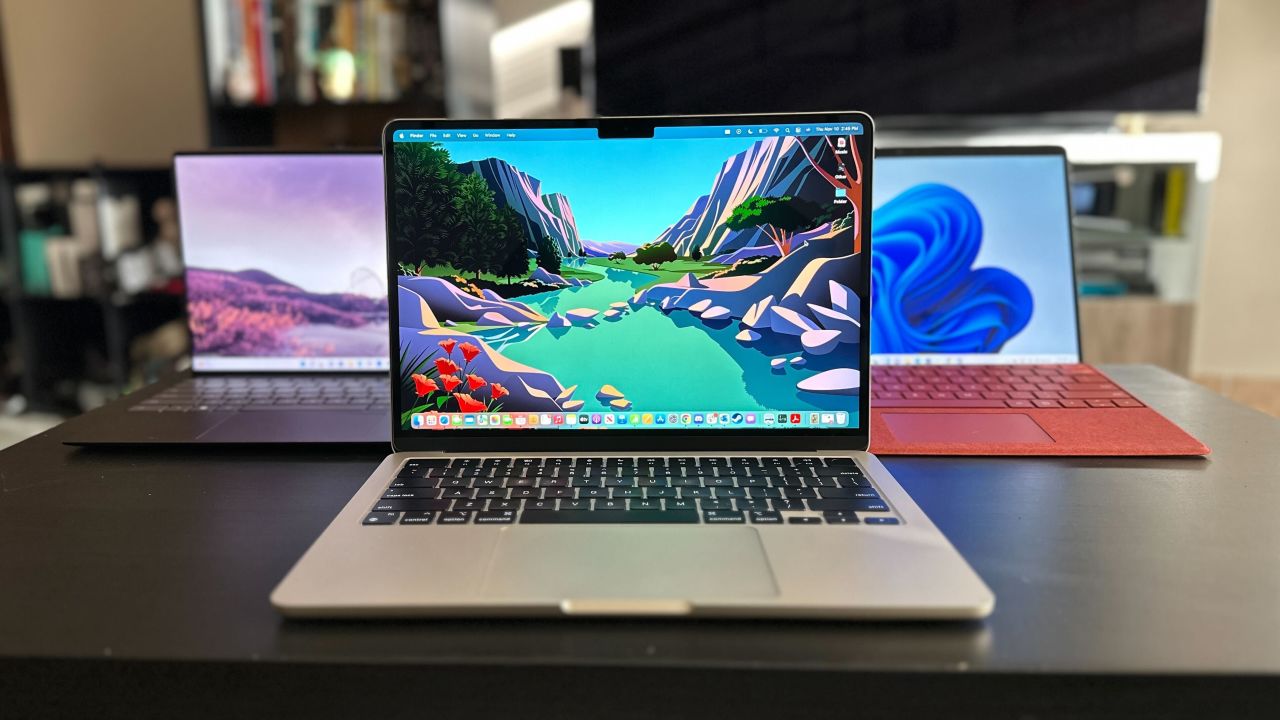

Articles
Most New Laptop Computers Come With How Much Storage?
Modified: November 2, 2024
Discover the latest laptop computers with ample data storage. Find out how much storage space is commonly included in most new laptops.
(Many of the links in this article redirect to a specific reviewed product. Your purchase of these products through affiliate links helps to generate commission for Storables.com, at no extra cost. Learn more)
Introduction
In today’s digital age, laptops have become an essential tool for both work and leisure. When it comes to purchasing a new laptop, one of the key considerations is the amount of storage it offers. Storage capacity determines how much data you can store on your laptop, including files, applications, media, and more. But how much storage do most new laptop computers come with?
In this article, we will explore the factors that affect laptop storage, the different storage options available, and common storage capacities for new laptops. We’ll also touch upon the possibility of upgrading laptop storage to meet specific needs. So, let’s dive in and unravel the world of laptop storage!
Key Takeaways:
- When purchasing a new laptop, consider storage capacity based on your specific needs, budget, and intended usage. Understand the trade-offs between SSD and HDD to make an informed decision.
- Common storage capacities for new laptops range from 256GB to 2TB or more, catering to different requirements and budgets. Explore options for upgrading or expanding storage as your needs evolve.
Factors Affecting Laptop Storage
There are several factors that can influence the storage capacity of a laptop. Here are some of the key considerations:
- Price: The cost of storage can impact the overall price of a laptop. Generally, laptops with larger storage capacities tend to be more expensive.
- Form Factor: The physical size and design of a laptop can limit the available space for storage components. Smaller, lightweight laptops may have less storage capacity compared to larger, bulkier models.
- Device Type: Different types of laptops, such as ultrabooks, gaming laptops, and professional workstations, cater to specific needs and may prioritize different features, including storage capacity.
- Manufacturer’s Choices: Laptop manufacturers make decisions based on market trends and customer preferences. They may choose to prioritize other components, such as processors, graphics cards, or battery life, over storage capacity.
- Intended Usage: The purpose for which a laptop is primarily used can affect storage requirements. For example, a laptop used for gaming or multimedia editing may require larger storage capacity compared to a laptop used for basic internet browsing and word processing.
It is important to consider these factors when selecting a laptop to ensure that the storage capacity aligns with your needs and budget.
Different Storage Options for Laptops
When it comes to storage options for laptops, there are two main types: Solid State Drives (SSD) and Hard Disk Drives (HDD). Let’s take a closer look at each:
- Solid State Drives (SSD): SSDs are the newer and more advanced type of storage. They use flash memory to store data, resulting in faster read and write speeds compared to HDDs. SSDs have no moving parts, making them more durable and less prone to damage from physical shocks. They are also energy-efficient, which can contribute to longer battery life. However, SSDs tend to be more expensive per gigabyte (GB) compared to HDDs, limiting their overall storage capacity.
- Hard Disk Drives (HDD): HDDs are the traditional storage option for laptops. They use spinning platters and read/write heads to store and retrieve data. HDDs are typically more affordable and offer larger storage capacities compared to SSDs. However, they are slower in terms of read and write speeds, and their moving parts make them more susceptible to physical damage. HDDs are commonly found in budget-friendly laptops and older models.
When choosing a laptop, you will have to decide between the speed and durability of an SSD or the affordability and larger storage capacity of an HDD. Some laptops also offer hybrid storage solutions, combining an SSD for faster performance with an HDD for additional storage space.
It’s worth noting that the storage option in a laptop is often fixed, meaning it cannot be easily upgraded or replaced. Therefore, it’s crucial to consider your storage needs before making a purchase.
SSD (Solid State Drive) vs. HDD (Hard Disk Drive)
The choice between a Solid State Drive (SSD) and a Hard Disk Drive (HDD) can significantly impact your laptop’s overall performance and storage capabilities. Let’s explore the differences between these two storage options:
- Speed: One of the biggest advantages of SSDs is their speed. SSDs have faster read and write speeds compared to HDDs. This means that your laptop will boot up faster, applications will launch more quickly, and files will transfer at a higher speed. The fast performance of SSDs can greatly enhance your overall computing experience.
- Durability: SSDs are more durable than HDDs since they have no moving parts. Without any spinning platters or read/write heads, SSDs are resistant to physical shocks, drops, and vibrations. This makes them an ideal choice for laptops that are frequently moved or used on the go.
- Power Efficiency: SSDs are known for their energy efficiency. Since they don’t have moving parts, they consume less power, which can contribute to improved battery life on your laptop. This is especially beneficial for users who need longer untethered usage or work remotely.
- Storage Capacity: One area where HDDs have an advantage is storage capacity. HDDs are available in larger capacities and offer more affordable options for those who require a high amount of storage space. This makes them suitable for storing large media files, such as movies, videos, and high-resolution images.
- Price: SSDs tend to be more expensive than HDDs, especially when it comes to higher storage capacities. However, SSD prices have been decreasing over time, making them more accessible to a wider range of users.
Ultimately, the decision between an SSD and an HDD depends on your specific needs and budget. If you prioritize speed, durability, and power efficiency, an SSD is the way to go. However, if you require a larger storage capacity at a more affordable price, an HDD might be a better choice for you. Additionally, hybrid storage options that combine the advantages of both SSDs and HDDs are also available in some laptops.
Consider your usage requirements, budget, and desired performance when selecting between SSD and HDD for your laptop storage. This will help ensure that you make the right choice and get the most out of your laptop’s storage capabilities.
Most new laptop computers come with at least 256GB of storage, but it’s becoming increasingly common to find models with 512GB or even 1TB of storage.
Common Storage Capacities for New Laptop Computers
The storage capacity of new laptop computers can vary widely depending on the specific model and price range. However, there are some common storage capacities that you are likely to come across when shopping for a new laptop. Here are a few examples:
- 256GB: Laptops with 256GB of storage are quite common, especially in mid-range models. This capacity provides a decent amount of space for storing files, documents, and moderate-sized applications. It can be suitable for casual users who primarily use their laptops for web browsing, word processing, and media consumption.
- 512GB: This storage capacity is increasingly popular and can be found in both mid-range and high-end laptops. With 512GB, you have significantly more storage space to store files, applications, and even some media. It’s a good option for users who require a bit more storage for work-related documents, larger software programs, and a small media library.
- 1TB: If you need a substantial amount of storage on your laptop, laptops with 1TB (terabyte) drives are a great choice. 1TB provides ample space for storing large files, extensive multimedia collections, and demanding software applications. This capacity is well-suited for professionals, creative individuals, and avid gamers who require a lot of storage for their work or hobbies.
- 2TB or More: Some laptops, especially those designed for professionals or enthusiasts, offer even larger storage capacities of 2TB or more. These laptops are aimed at users who deal with large amounts of data, such as video editors, photographers, and content creators. This kind of storage provides plenty of room for their extensive media libraries and projects.
It’s important to note that the actual usable storage capacity may be slightly lower due to the operating system and pre-installed software that are typically included on the laptop. It’s also worth mentioning that some laptops may offer additional storage expansion options, such as an extra drive bay or the ability to connect external storage devices.
When choosing a laptop, consider your storage needs both now and in the future. If you tend to accumulate a lot of data or use resource-intensive applications, opting for a larger storage capacity can save you from running out of space down the line.
Read more: What Is The Most Common Type Of Storage Device For Transferring Files From One Computer To Another
Upgrading Laptop Storage
If you find that the storage capacity of your laptop is no longer sufficient for your needs, don’t worry! In many cases, it is possible to upgrade the storage of your laptop to increase its capacity. Here are some options for upgrading laptop storage:
- Upgrade to a Larger Capacity Drive: One of the simplest ways to increase your laptop’s storage is to replace the existing drive with a higher capacity one. For example, if you currently have a 256GB SSD, you can swap it out for a 512GB or 1TB SSD. This requires opening up your laptop and replacing the storage drive, so it’s recommended to seek professional assistance or follow manufacturer guides for your specific laptop model.
- Add an Additional Drive: Some laptops have an extra drive bay or an M.2 slot that allows you to add a second storage drive without replacing the existing one. This is a great option if you want to keep your current drive for system files and programs and add a separate drive for additional storage. It’s important to note that not all laptops have this option, so check your laptop’s specifications or consult with the manufacturer.
- Use External Storage: If you prefer not to open up your laptop or if internal upgrades are not possible, using external storage devices can provide a convenient solution. External hard drives or solid state drives can be connected to your laptop via USB or other ports, allowing you to store and access your files externally. While this option provides flexibility and portability, keep in mind that you may need to carry an additional device with you.
- Cloud Storage: Another option for expanding your laptop’s storage capacity is to utilize cloud storage services. Cloud storage allows you to store files and data on remote servers accessible via an internet connection. Services like Google Drive, Dropbox, and Microsoft OneDrive offer free and paid options with varying storage capacities. Keep in mind that accessing files stored in the cloud may require an internet connection and can be subject to data transfer limitations.
Before upgrading or expanding your laptop’s storage, make sure to research compatibility and seek guidance if needed. Additionally, it’s always recommended to create backups of your important data before making any changes to safeguard against potential data loss.
By upgrading or expanding your laptop’s storage, you can ensure that you have enough space to store your files, applications, and multimedia content, allowing you to work and play without any storage limitations.
Conclusion
When it comes to selecting a new laptop, storage capacity is an important consideration. Understanding the different factors that affect laptop storage, such as price, form factor, and intended usage, can help you make an informed decision. Additionally, being familiar with the two main storage options, Solid State Drives (SSD) and Hard Disk Drives (HDD), allows you to choose the best option for your specific needs.
Common storage capacities for new laptop computers typically range from 256GB to 2TB or more, with each size catering to different requirements and budgets. However, it’s important to keep in mind that the actual usable storage may be slightly less due to the operating system and pre-installed software.
If your laptop’s storage needs change over time, you have several options for upgrading or expanding your laptop’s storage. Whether it’s upgrading to a larger capacity drive, adding an additional drive, utilizing external storage devices, or leveraging cloud storage services, there are solutions available to meet your needs.
By carefully considering your storage requirements and exploring the various options, you can ensure that your laptop has enough space to store all your important files, documents, applications, and multimedia content. This will allow you to work efficiently, access your files with ease, and enjoy a seamless computing experience.
Remember, storage capacity is just one aspect of a laptop, so it’s important to consider other factors such as processor speed, RAM, graphics capabilities, and battery life when making your final purchase decision. With the right balance of features, your new laptop will be a reliable and powerful companion for your personal and professional endeavors.
Frequently Asked Questions about Most New Laptop Computers Come With How Much Storage?
Was this page helpful?
At Storables.com, we guarantee accurate and reliable information. Our content, validated by Expert Board Contributors, is crafted following stringent Editorial Policies. We're committed to providing you with well-researched, expert-backed insights for all your informational needs.

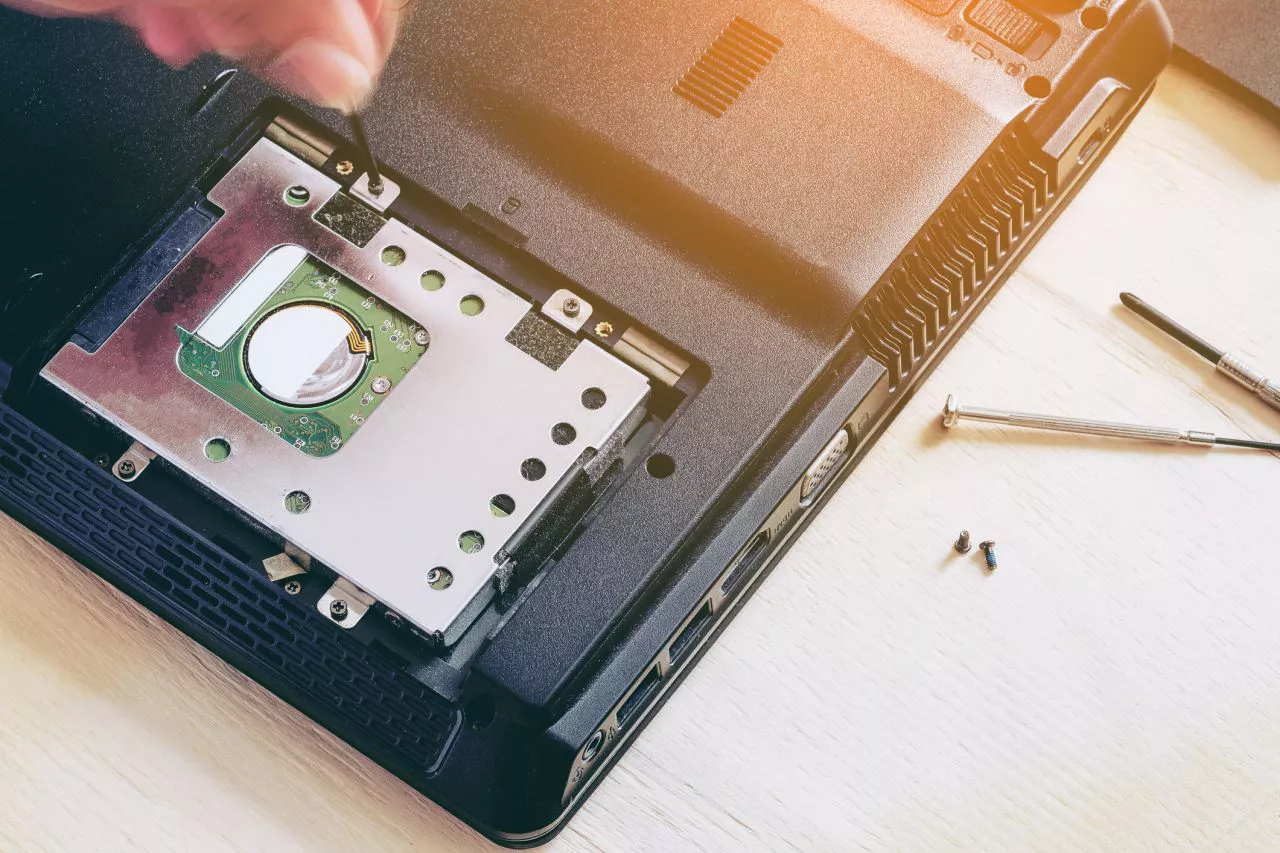




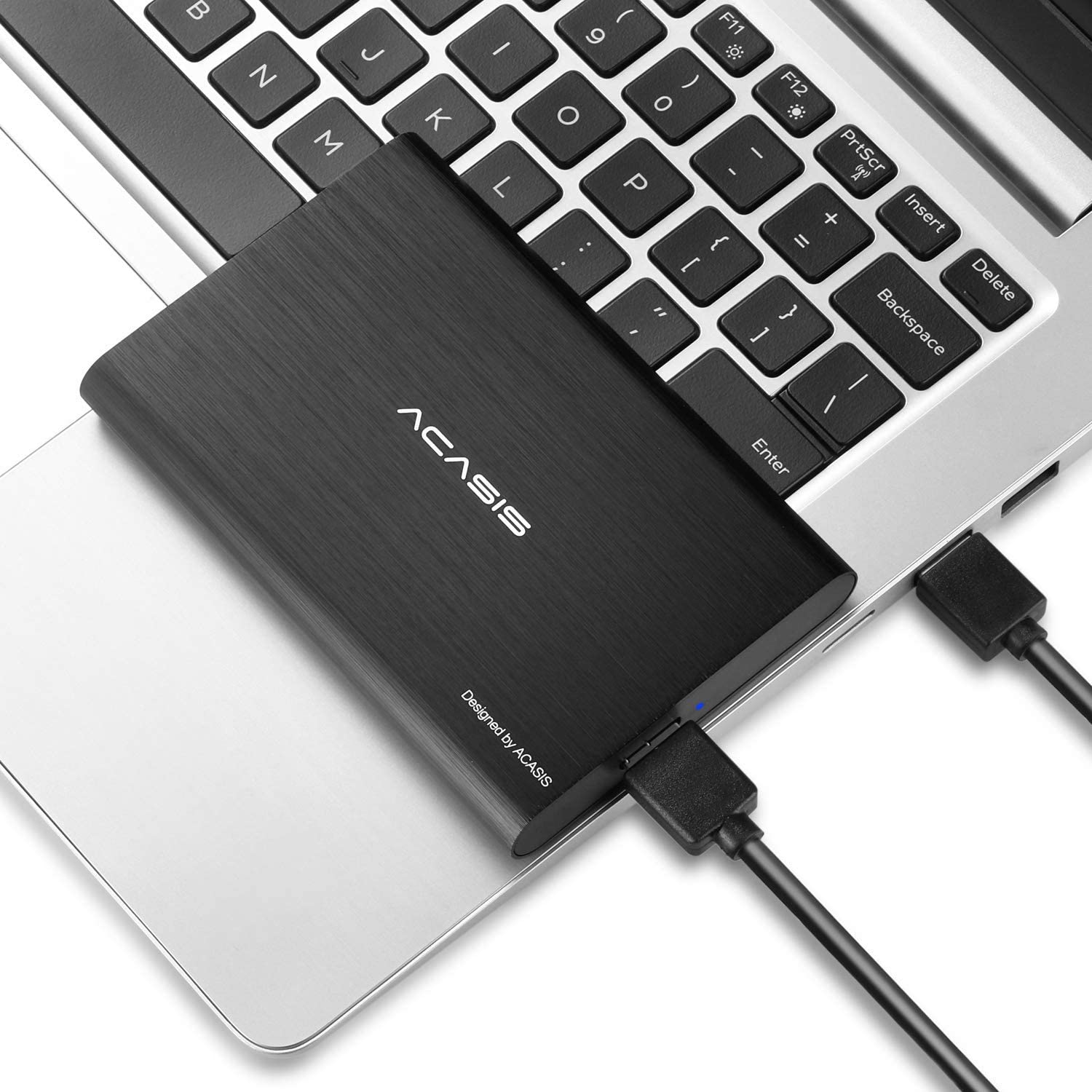

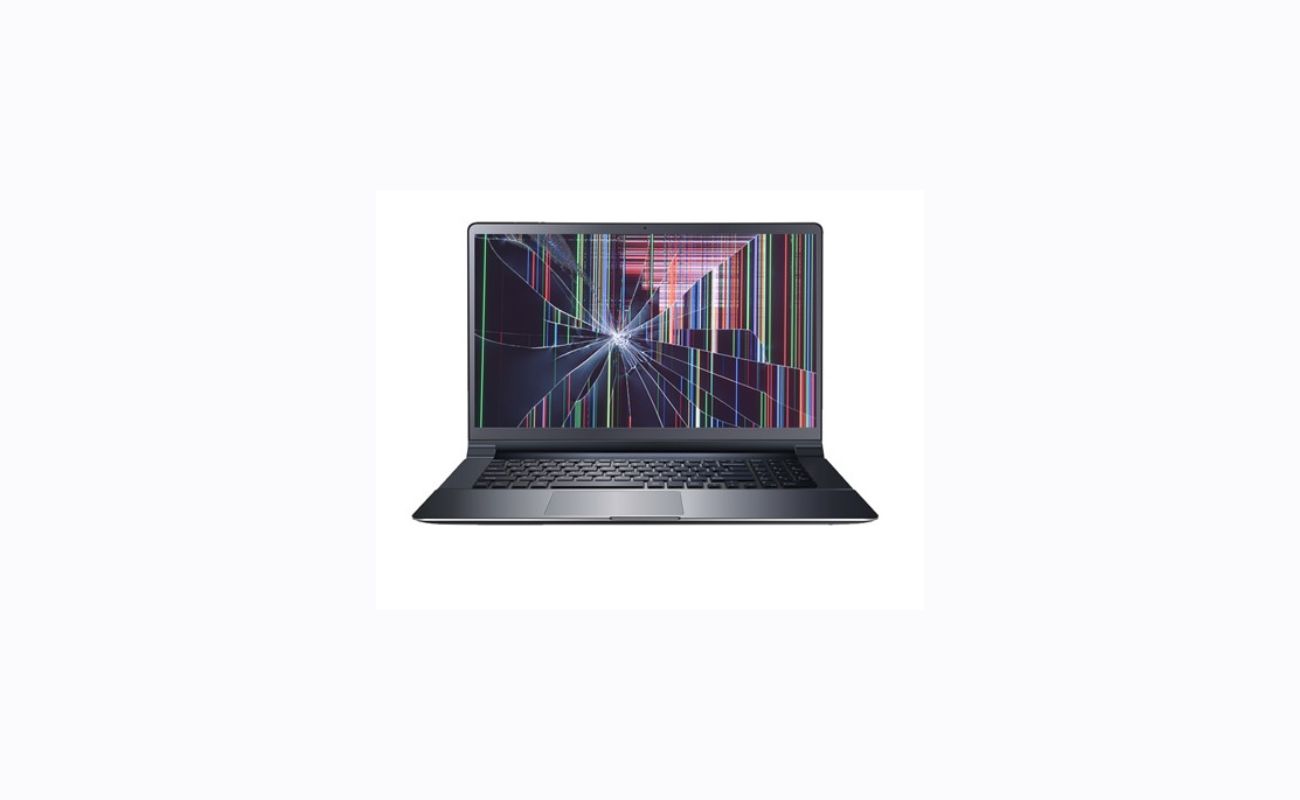

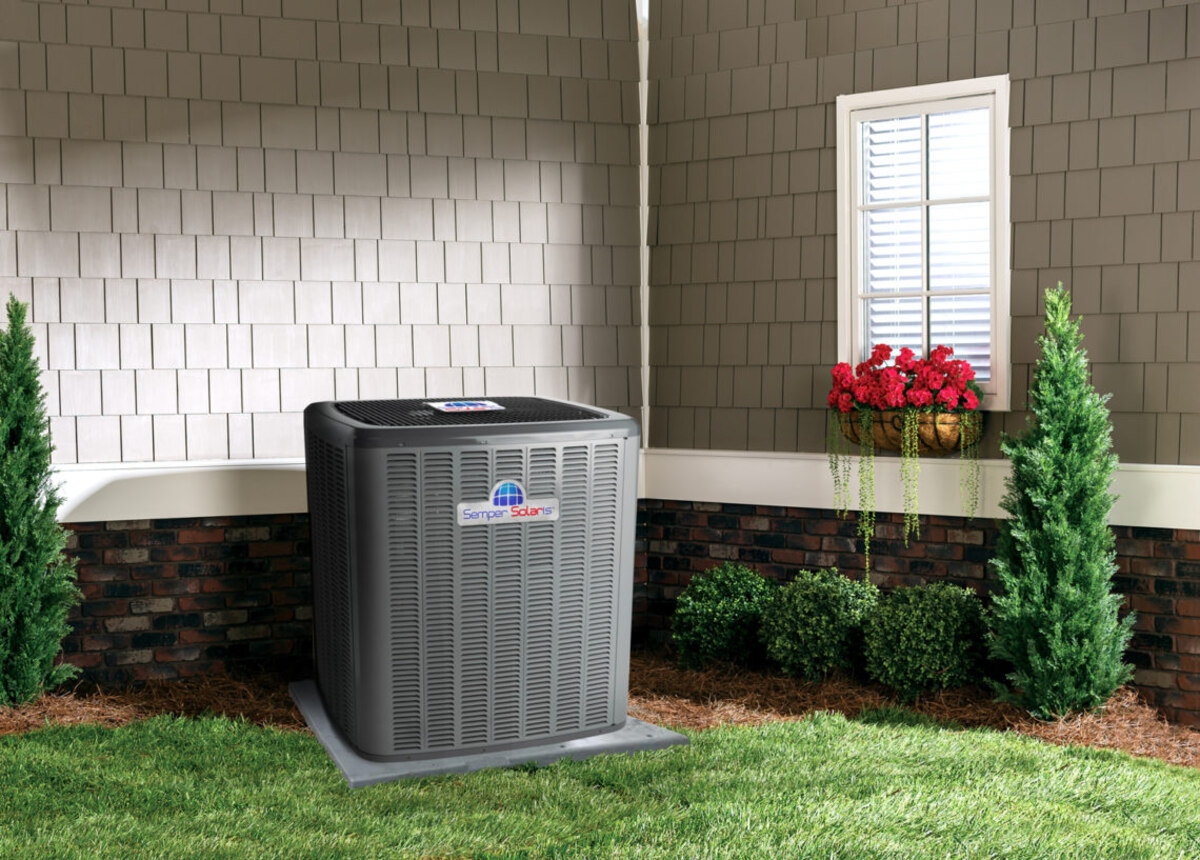
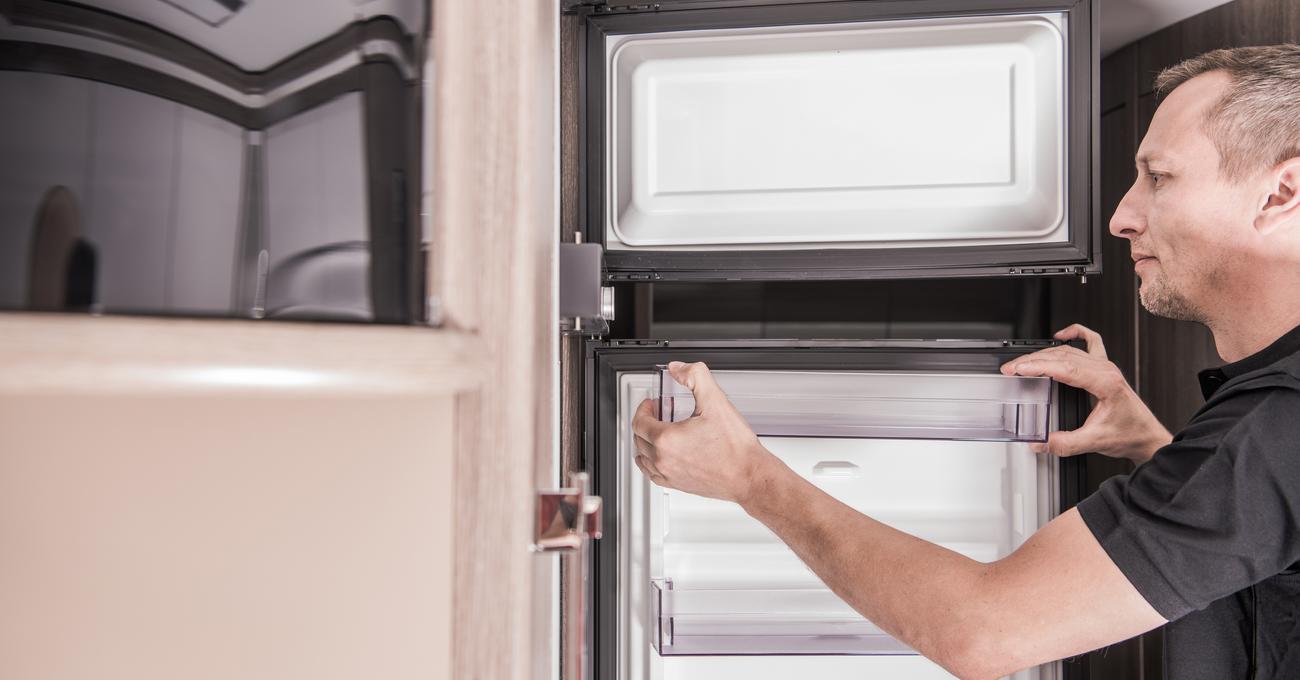
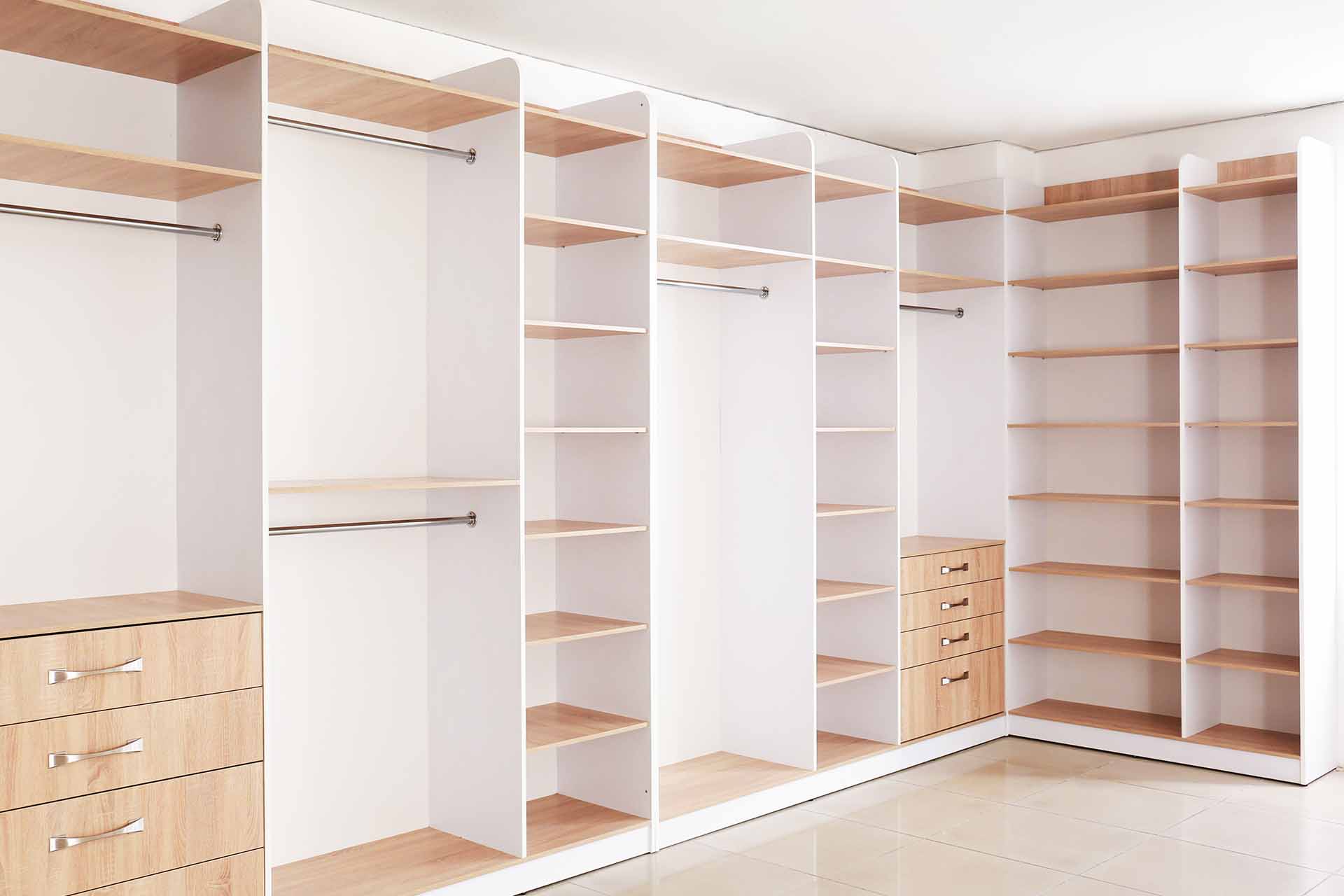


0 thoughts on “Most New Laptop Computers Come With How Much Storage?”